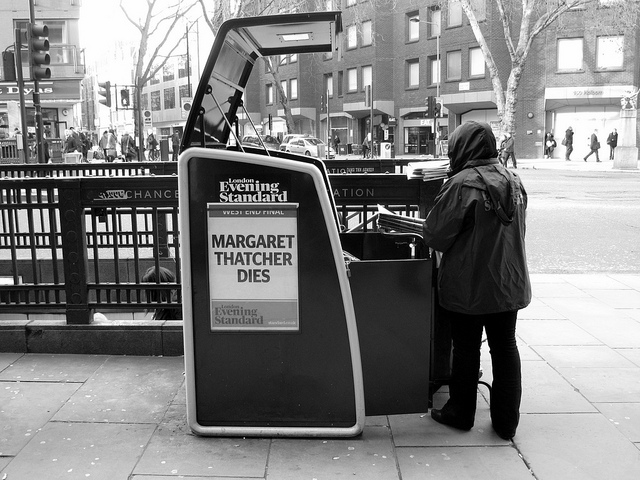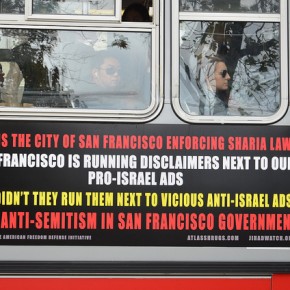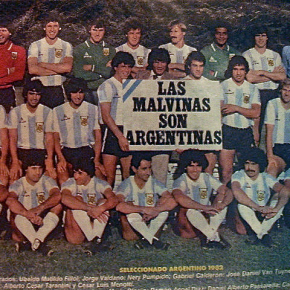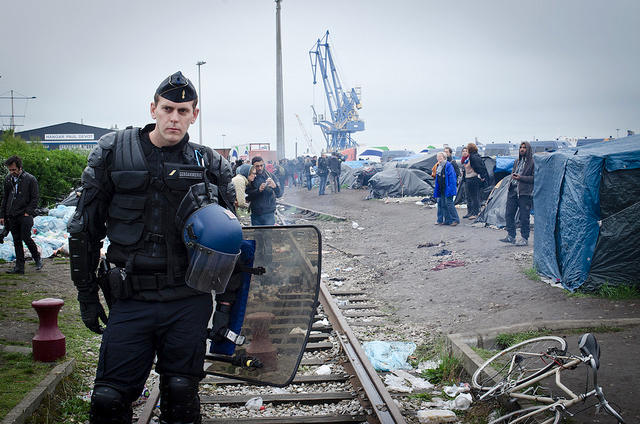Souciant is no stranger to dissent. Since it was first launched, the site has been subject to repeat hacking attempts by neo-Nazis, and furious posts from the entire spectrum of political opinion. But none of that could have prepared me for Reddit’s scrubbing of links to my meditation on the so-called celebration of Baroness Margaret Thatcher’s passing.
Though the article has since reappeared on the site (on the Cultural Studies subreddit, natch) its initial disappearance, from two popular subreddits, was disconcerting. Not just because it had received a healthy number of upvotes on one of them (as well as a spirited number of downvotes.) But, more importantly, because of the charged political environment in the United Kingdom at present, a country I also call home. Certainly it was angry, but then most of my pieces are. And perhaps it could have been considered a bit extreme. After all, I suggested that Thatcher-passing street parties could be sites of political organising, returning us to the occupy everywhere movement.
However, did such proposals really merit erasure on subreddits that typically support such discourse? It could very well have been an accident, and it could also be response to a particularly angered conservative, who complained about the piece. But still, Reddit houses the gleefully amoral 4Chan. Given the site’s laissez-faire attitude towards content, this zealous moderation struck a nerve. It didn’t help matters that my first Facebook post about the article, which received dozens of likes, shares, and intelligent commentary from friends, activists, and colleagues alike, also vanished (although I’ll attribute that to flakey technology rather than anything more sinister.)

Still, sinister is a word I was inspired to contemplate in light of the vanished links—especially as mine has not been the only one (I seriously doubt that as a pundit, I am so important in the scheme of things, though.) It is certainly fitting in light of my stated concern that the eulogising of Thatcher was dangerously amnesiac. Again, how could someone who thought African National Congress leader Nelson Mandela a terrorist, and who welcomed Chilean dictator Augusto Pinochet with open arms be considered a “champion of freedom”? Unless, of course, we mean market freedom; carry on, then.
The disappeared links felt all the more chilling in light of recent news. Britain’s press (including the Tory Daily Telegraph) has been reporting that police are monitoring social media for dissent and possible disruption to Thatcher’s funeral. There are even noises that the authorities may “adopt the controversial tact of making pre-emptive arrests.” This news, among other items, has fostered fear among activists seeking to discuss and organise protests, without a doubt, using social media. It has already been observed that the use of public funds for this funeral is both ironic and offensive, and that a private funeral is more fitting. But it is all the more troubling that the public who are forced to support this event may not even protest.
My article argued that discourse (sharing links, article posts, and songs, online) is crucial to organising and dissent. And it advanced the idea that the street parties could be useful extensions of the reconnections with a politicised past, present, and community. So it is really unsettling when access to sharing ideas and information is impeded, particularly given the present situation. Of course, I shouldn’t be that surprised. If there is no society, but only social media, it’s worth remembering how much of this space is already privatised. Should I really be surprised that not all spaces function as public sphere?
Photographs courtesy of duncan and GlobalX. Published under a Creative Commons license.





